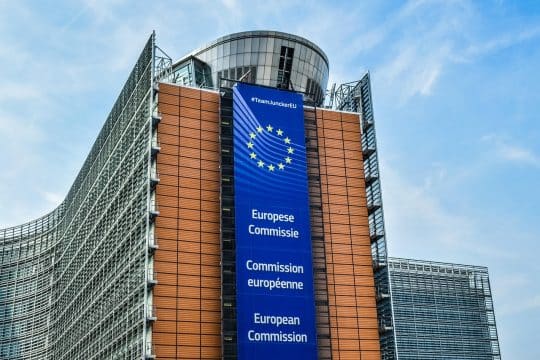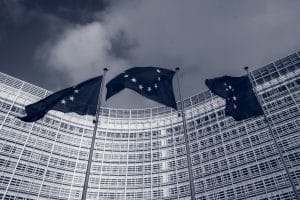Proposed Omnibus Directive
Introduction Although the road to get there may have been long and bumpy, the European Union (EU) finally adopted the Corporate Sustainability Due Diligence Directive (CS3D or CSDDD) in a trilogue1 on 24 May 2024. A cornerstone of the European Green Deal2, this directive is expected to be transposed into French law by 26 July […]










